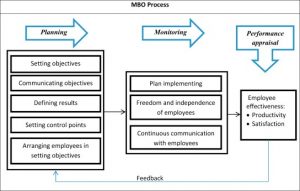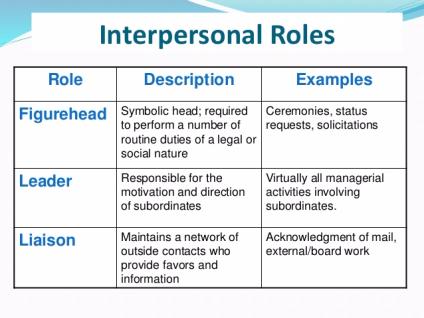Management thought refers to the ideas and theories about how organizations should be managed and how managers should behave. These ideas have evolved over time and have been influenced by a variety of factors, including economic, social, and technological changes.
The earliest theories of management can be traced back to the early 20th century, when Frederick Winslow Taylor introduced the concept of scientific management. Taylor argued that there was a "one best way" to do every task and that managers should use scientific methods to determine the most efficient way to perform each task. This approach focused on increasing efficiency and productivity through the use of specialized knowledge and the division of labor.
Another early theory of management was the bureaucratic model, developed by Max Weber. Weber argued that organizations should be structured like a bureaucracy, with a clear hierarchy, strict rules and regulations, and a focus on efficiency and effectiveness. This model was based on the idea that organizations should be run like a machine, with each part working together to achieve the overall goals of the organization.
In the mid-20th century, management thought began to shift towards a more humanistic approach. This was largely influenced by the work of Douglas McGregor, who developed the theory of X and Y. According to McGregor, there were two different approaches to managing people: Theory X, which assumed that employees were lazy and needed to be controlled and motivated through punishment, and Theory Y, which assumed that employees were motivated and responsible and could be trusted to work independently. This theory had a major impact on management practices and helped to shift the focus from simply increasing efficiency to also considering the well-being and satisfaction of employees.
Over time, management thought has continued to evolve and has been influenced by a variety of factors. The rise of globalization and technology has led to the development of new management theories, such as the concept of knowledge management, which emphasizes the importance of sharing and leveraging knowledge within an organization. In addition, the increasing focus on sustainability and corporate social responsibility has led to the development of theories such as stakeholder management, which emphasizes the importance of considering the needs and interests of all stakeholders, not just shareholders.
Today, management thought is a complex and multifaceted field that encompasses a wide range of ideas and approaches. While some management theories may be more relevant or useful in certain situations, it is important for managers to be aware of a variety of different approaches and to be able to adapt and apply them in different contexts. Ultimately, the goal of management thought is to help organizations operate more effectively and efficiently, while also considering the well-being and satisfaction of employees and other stakeholders.








